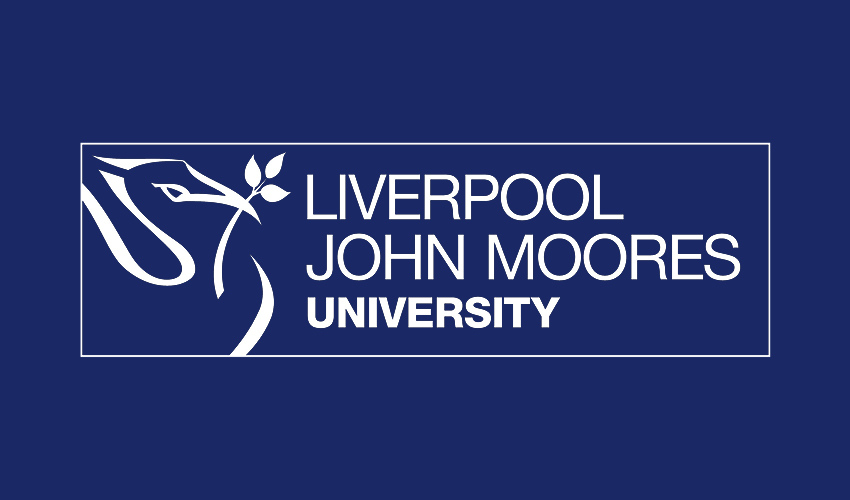About Msc Wildlife Conservation Technology in Liverpool John Moores University
- Learn from world-leading experts in the field of wildlife conservation and drone technology
- Study on this course which is the only one of its kind in the UK
- Enjoy an overseas field trip to Tanzania (included in your fees) and observe chimpanzees in the wild as you practice and develop advanced skills in behavioural observation and conservation monitoring*
- Benefit from world-class teaching and laboratory facilities (including drone technology, genetics and GIS facilities)
- Design and complete a wildlife conservation study abroad using the latest software packages, such as ArcGIS, R, and Distance
Wildlife conservation is an exciting field of study that has important implications for the way in which we manage our world. With an increasing global population, conserving our wildlife becomes more complicated and conservationists are increasingly using technology such as UAVs to help them with their efforts.
This Masters will provide you with advanced skills in using drone technology for wildlife conservation research and will give you the specialist skills to maintain and operate drone technology as well as using sensors to obtain and analyse data.
A postgraduate degree is highly recommended for a career in this area so that you can demonstrate the necessary theoretical background and practical skills to work in the field. LJMU boasts world-class teaching and laboratory facilities (including state-of the art drone technology, genetics and GIS facilities) which you will be able to use during the course. You will also have 24 hour computer access and access to specialist software. In addition, the LJMU library has an extensive collection of online and hard copy book, journal and internet resources related to studying Wildlife Conservation.
* Practical and field activities underpin all programmes in the school. PPE and access to specialist facilities are provided for all necessary practical work. There are no additional costs for any day field trips. This programme includes a core residential field trip, for which the travel, accommodation and site costs are included in the course fees. You will be required to meet other potential costs, such as field clothing, visas and immunisations if required. Locations may be subject to change and also subject to national and international travel restrictions.
Entry Requirements
English language requirements
-
IELTS :6.0 Overall with 5.5 in each component
-
TOEFL IB : 78 Overall with R18, W17, L17, S20
Liverpool John Moores University Highlights
| Type |
Public University |
| Campus Setting |
Urban |
| Establishment year |
1823 |
| Location |
Liverpool, England |
| Student population |
23,200 |
| Faculties |
5 |
| Student to faculty ratio |
15:1 |
| Accommodation |
Available |
| Application mode |
Online |
| Document submission mode |
Online |
| Courses offered |
UG bachelor, PG masters PhD; certificates, dual degrees, distance learning, foundation+ |
| Official website |
www.ljmu.ac.uk |
| International scholarships |
Available |
| Work study |
Available |
Liverpool John Moores University Cost of Attendance
Given here is a detailed breakdown of the basic expenses.
| For Undergraduate Students |
| Foundation programmes |
GBP 11,000 |
| Classroom Based |
GBP 15,600 |
| Laboratory based |
GBP 16,100 |
| Industrial placement year |
GBP 3,650 |
| For Graduate Students |
| Laboratory based |
GBP 16,100 |
| Classroom based |
GBP 15,600 |
The weekly living expenses are tabulated below:
| Type of accommodation |
Price |
| Standard shared bathroom |
GBP 90 |
| Bronze En-suite |
GBP 127 |
| Standard En-suite |
GBP 112-114 |
| Self-contained studio |
GBP 169 |
